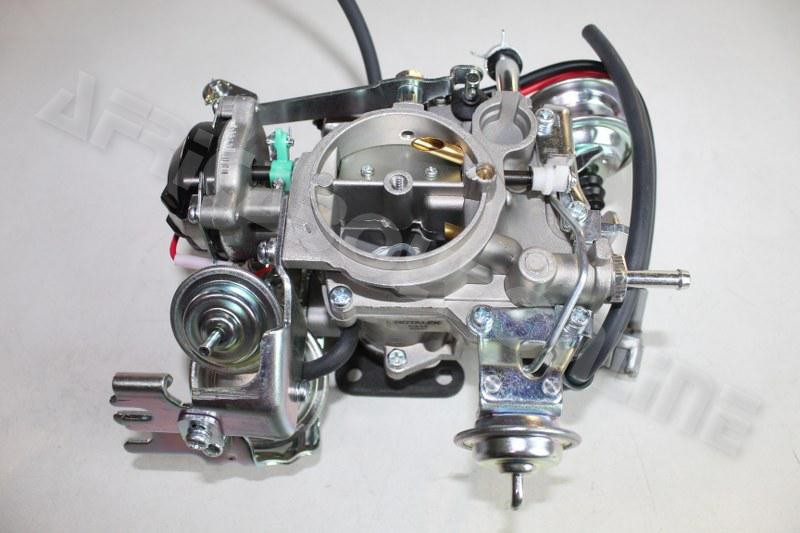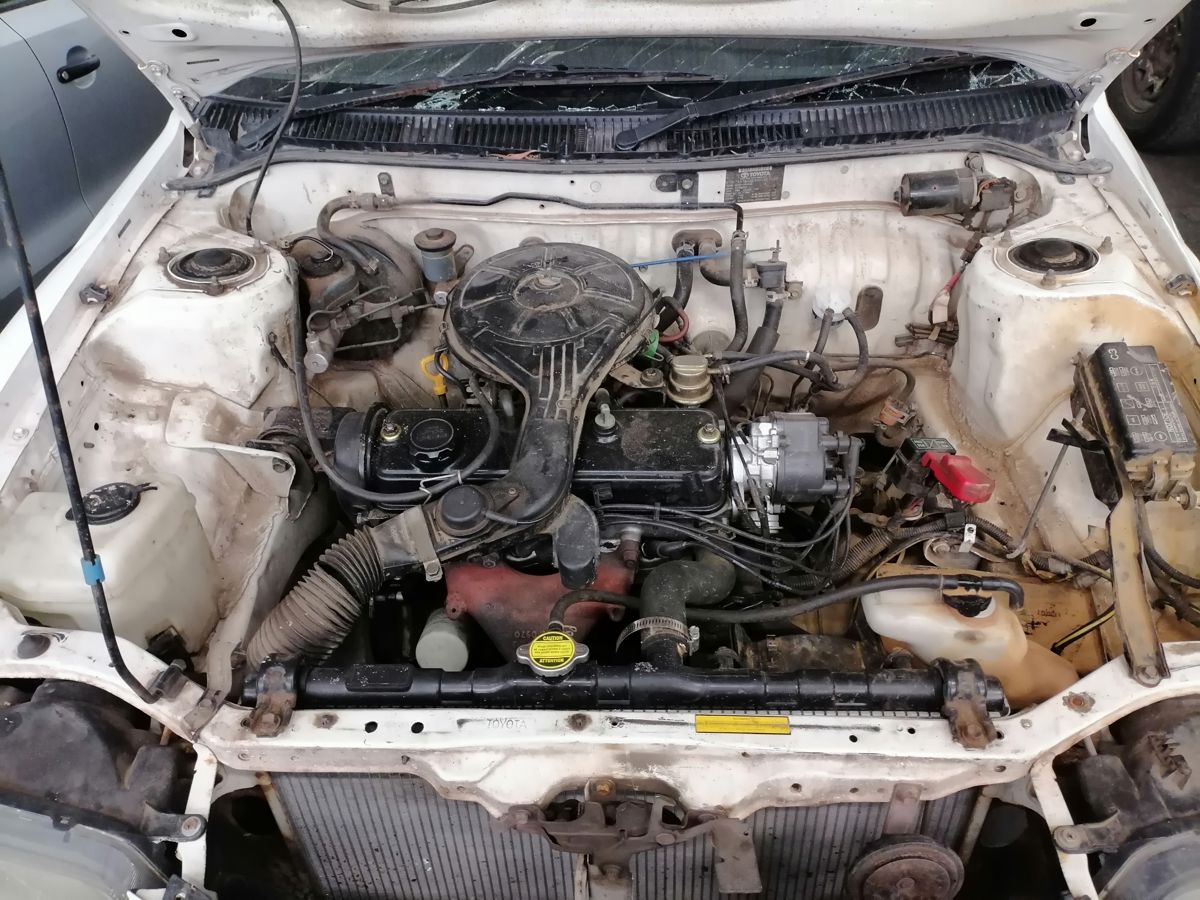Check Out the Most Recent Fads in Engine Innovation Through Tazz
In the swiftly evolving landscape of auto technology, Tazz stands at the center, highlighting substantial innovations in engine systems that focus on both advancement and sustainability. From crossbreed engines that maximize fuel efficiency to the development of hydrogen fuel cells, the fads forming modern-day powertrains are not only enhancing efficiency but likewise resolving vital ecological difficulties.
Crossbreed Engine Innovations
Crossbreed engine innovations stand for a crucial change in automobile innovation, integrating the advantages of internal combustion engines with electrical propulsion systems. This combination not only boosts gas effectiveness however also reduces discharges, conference progressively rigid environmental regulations. By utilizing both energy sources, hybrid engines can optimize efficiency, supplying power when needed while saving fuel during much less demanding driving problems.
Recent advancements in crossbreed modern technology consist of renovations in battery performance and regenerative braking systems. These technologies allow for higher power recuperation during slowdown, which can be redirected to assist in acceleration or power accessory systems. Furthermore, makers are concentrating on light-weight materials and compact layouts to take full advantage of the effectiveness of crossbreed powertrains.
The advancement of plug-in crossbreeds has likewise expanded the market, allowing motorists to charge their automobiles using basic electric outlets. This function often permits significant all-electric variety, further lowering reliance on traditional gas. tazz. As the automobile industry continues to develop, hybrid engine innovations are anticipated to play a crucial duty in linking the void in between standard cars and fully electrical designs, offering a transitional service that satisfies diverse consumer needs and preferences
Developments in Electric Powertrains
The vehicle landscape is quickly developing, with electric powertrains emerging as a leading pressure in sustainable transport. Developments in electric lorry (EV) technology are considerably enhancing customer, efficiency, and efficiency experience. Secret technologies include renovations in battery chemistry, which have boosted energy density, minimized charging times, and expanded total battery life.
Solid-state batteries, for instance, guarantee to transform the market by providing higher security and efficiency contrasted to standard lithium-ion cells. Furthermore, advancements in regenerative braking systems are enabling vehicles to recover energy throughout deceleration, contributing to overall efficiency.
Along with battery technology, electric motor designs are becoming a lot more innovative. Technologies such as incorporated electric motors and advanced thermal administration systems are assisting to maximize power shipment and decrease weight, ultimately enhancing vehicle characteristics.

Jointly, these developments highlight the dedication to transition in the direction of cleaner, a lot more reliable transportation options, placing electric powertrains at the leading edge of vehicle advancement.
The Surge of Hydrogen Gas Cells
Significantly, hydrogen fuel cells are acquiring traction as a sensible option to standard internal burning engines and battery electrical automobiles. This technology harnesses the chemical energy kept in hydrogen, converting it into electrical read here power through an electrochemical reaction with oxygen. The primary result of this process is water, making hydrogen fuel cells an environmentally friendly choice with absolutely no discharges at the tailpipe.

Automakers are progressively investing in hydrogen fuel cell modern technology, acknowledging its potential for long-range applications and quick refueling capabilities that measure up to conventional fuels. Additionally, fields such as durable transport and public transit are especially fit for hydrogen gas cells, where battery electrical solutions might fail because of weight and variety constraints.
As research study and investment remain to expand, hydrogen gas cells are positioned to play a considerable function in the future landscape of tidy transport and energy options.
Enhancements in Internal Combustion Engines
Developments in internal burning engine (ICE) modern technology are changing traditional lorries to meet modern-day environmental criteria and efficiency assumptions. Straight gas injection, for instance, enables for better atomization of fuel, leading to more complete combustion and enhanced power outcome.
In addition, turbocharging has actually gotten prominence, enabling smaller sized engines to provide greater efficiency without the weight of bigger engines - tazz. This innovation not just increases Website effectiveness but also contributes to lower fuel consumption. Variable valve timing systems are also being fine-tuned, allowing engines to adapt to numerous driving problems for improved torque and responsiveness
Moreover, making use of light-weight materials in engine building and construction is ending up being basic, additional boosting fuel performance by minimizing overall automobile weight. Engine control devices (ECUs) are increasingly innovative, enabling real-time changes that enhance performance and discharges.
These improvements collectively indicate a critical shift in ICE technology, aligning with worldwide sustainability goals while still supplying the efficiency drivers anticipate from their cars. As the sector develops, these renovations continue to form the future of traditional automotive engineering.
Future Trends in Engine Effectiveness
Considerable developments in engine performance are expected as suppliers concentrate on integrating cutting-edge innovations to meet strict environmental guidelines and consumer demands. The change towards electrification, hybrid systems, and alternate gas is reshaping the auto landscape, driving innovations that boost fuel economic climate and decrease discharges.
Among the crucial trends is the application of innovative materials and making methods. Lightweight composites and high-strength alloys contribute to minimized vehicle weight, hence improving total efficiency. Furthermore, the fostering of turbocharging and variable shutoff timing technologies enables improved power output from smaller sized engines, better improving gas economic climate.

Verdict
In conclusion, the exploration of engine technology exposes significant developments that focus on sustainability and performance. Technologies in crossbreed engine systems, electric powertrains, and hydrogen gas cells demonstrate a dedication to lowering discharges while boosting efficiency. Enhancements go to my blog in interior combustion engines and an emphasis on lightweight materials contribute to total engine effectiveness. As the auto market continues to progress, these patterns will certainly play a crucial duty fit a cleaner and more lasting future for transport.
From hybrid engines that optimize fuel performance to the introduction of hydrogen gas cells, the patterns shaping contemporary powertrains are not only improving performance however likewise resolving essential ecological obstacles.Hybrid engine advancements stand for an essential change in automobile innovation, combining the advantages of interior combustion engines with electric propulsion systems.Additionally, turbocharging has actually obtained prominence, enabling smaller sized engines to deliver greater performance without the weight of bigger engines. Additionally, the adoption of turbocharging and variable shutoff timing technologies permits for boosted power result from smaller engines, further enhancing fuel economic climate.
Enhancements in internal burning engines and an emphasis on light-weight materials add to total engine efficiency.